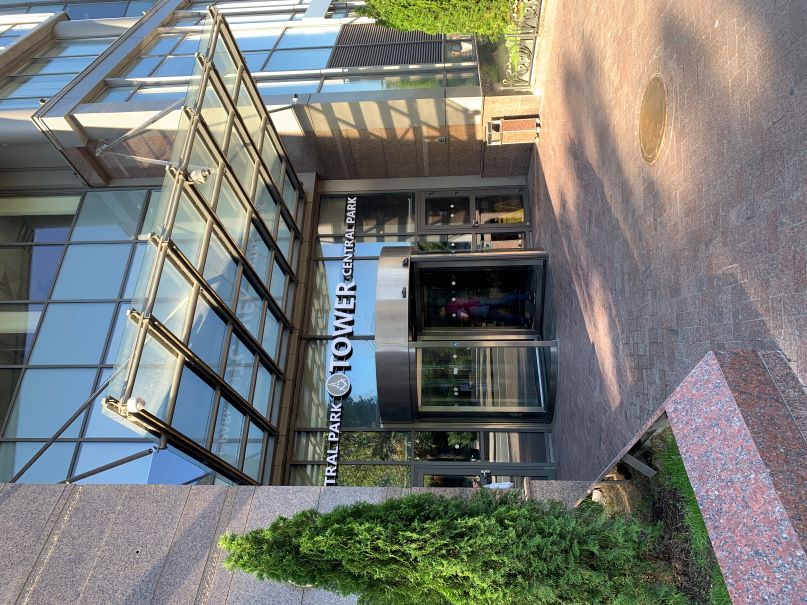Vladimir Shipkov: we suggest to ensure step-by-step introduction of the track & trace system with full testing at all stages of drug circulation
11.11.2019Introduction of the Track&Trace system for medicines has been discussed at Izvestiya Multimedia Information Center (MIC).
Video (in Russian): https://iz.ru/940275/2019-11-06/v-mitc-izvestiia-obsuzhdaiut-vvedenie-markirovki-lekarstv-transliatciia

On November 6, a press conference “Introduction of the Track&Trace system for medicines,” was held at Izvestiya MIC Press Center. Among the other participants Vladimir Shipkov, Executive Director, AIPM took part in the discussion.
Answering the question whether the system and its players are prepared to the start, he stressed that pharmaceutical companies from the very beginning welcomed the Track&Trace initiative and supported the President’s instructions related to the introduction of monitoring of the movement of drugs at all stages of circulation. “The same time I do agree that manufacturers are largely burdened with the costs of organizing the process. These are significant investments and it demands changes in complex business processes within companies, but we were united from the very beginning and supported it as we convinced the system to be essential and important elements of ensuring market transparency and traceability. And, in general, the creation of more civilized environment.”
However, the process of its implementation itself on no account should become a barrier on the way of a medicine to a patient. “What will happen if at some stage, including the final one, the medicine cannot be provided to the patient because either the code is not read or there is no appropriate equipment in the pharmacy, feldsher point, medical institution in the countryside, in some remote corner of the country? Or if there is a failure in the system? Why are we discussing the issue of medicine legality as a higher priority, despite the fact that the level of counterfeit drugs on the market due to Roszdravnadzor work is really low, but we are not discussing availability of drugs for the patients and possible risks of shortages related to this,” he pointed out.
Now there are still unresolved questions regarding the functioning of the information systems due to the unpreparedness of IT solutions even from the world's leading providers, as well as the ESKLP electronic directory. As before, not all participants of the distribution chain are registered in the system, and it is, above of all, about medical and pharmacy institutions where drugs will withdraw.
In this regard, according to Vladimir Shipkov, it is seems necessary to ensure step-by-step introduction of the system with full testing at all stages of drug circulation, from the manufacturer to the medical or pharmacy institution (wherever they are located), whether it is a hospital, FAP (feldsher-midwife station) or a pharmacy in rural areas.
“We do not have the moral right to ‘adjust’ the drug circulation system in progress since we are talking about vital goods. We need to be 100% sure that all systems and links in the supply chain work well, and that it is applicable throughout the all territory of the Russian Federation. Only then we should impose responsibilities and report on the successful Trace&Track launch completion.”
“Unpreparedness of even a few separate links of the distribution chain that might lead to inaccessibility of drugs for the population and huge risks for the entire healthcare system that cause the most serious concerns for all participants of the Track&Trace project. A reasonable way out of this situation would be step-by-step introduction of the Track&Trace with its full testing based on the medicines included into the Seven Nosologies Program (7VZN). As soon as the infrastructure is ready, the step-by-step launch of the entire system for other medicines should be done. This will help to avoid an unmanageable situation with drug shortages and the stock-outs of medicines effects for people.”

